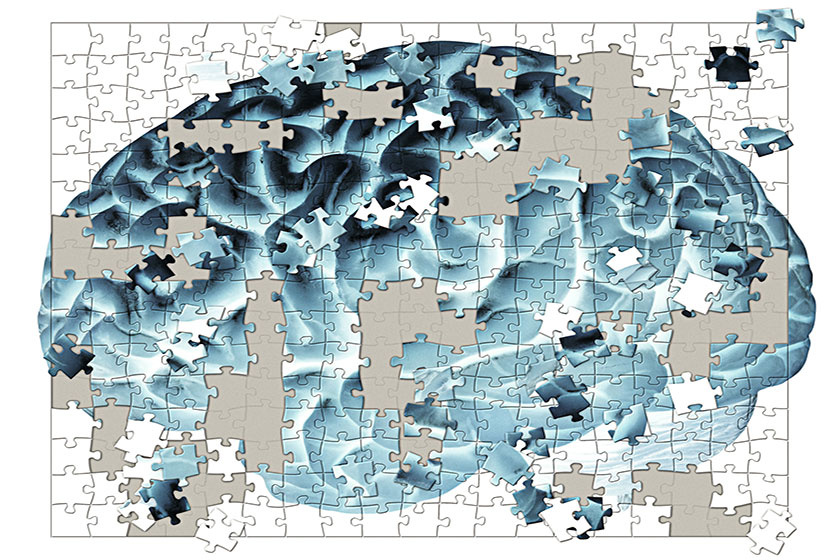Dementia and Alzheimer’s disease are serious, progressive brain conditions that can severely impact a person’s ability to function. Although they have similar symptoms, the two diseases have some key differences. This article will help you understand if it is dementia or Alzheimer’s disease so you can better determine which condition your loved one is dealing with.
What Is Dementia?
Dementia is a syndrome that affects memory, thinking, and behavior. It’s caused by damage to the brain from disease or injury. Dementia may be caused by Alzheimer’s disease, Parkinson’s disease, Huntington’s disease, Creutzfeldt-Jakob disease, or head trauma.
What Are The Symptoms Of Dementia?
There are a lot of symptoms that are common to both Alzheimer’s and dementia. Both have trouble with memory loss and solving problems.
However, there are also some key differences:
- Memory loss that disrupts daily life.
- Difficulty with problem-solving, planning, and organizing.
- Difficulty with abstract thinking, such as judging distances and learning new information.
- Forgets the names of objects or people, even close family, and friends.
- Confusion in familiar places; getting lost in a familiar place like the neighborhood or workplace; getting confused about the time of day (morning/afternoon/evening), the season of the year (winter/spring/summer/fall), and date (day-month-year). The person may also ask you what day it is or if it’s Monday again when he just saw you on Friday morning!
What Is Alzheimer’s Disease?
Alzheimer’s disease is a type of dementia, an umbrella term for brain diseases that cause difficulties with memory, thinking, and reasoning. Alzheimer’s disease specifically affects the hippocampus and the cerebral cortex (the outer parts of the brain), which are responsible for memory, thinking, and reasoning.
Alzheimer’s disease causes a gradual decline in mental function over time. These changes may include problems with speech or language skills; behavioral changes such as depression or agitation; memory loss that disrupts daily life; difficulty performing familiar tasks at home or work; and impaired judgment due to poor planning abilities.
Can A Person Have Both Dementia And Alzheimer’s Disease?
No. It is rare to have both simultaneously, but it is possible to have one condition before the other. For example, you may be diagnosed with Alzheimer’s and then develop dementia symptoms later in life or vice versa. It’s also possible for a person not to have either condition and still exhibit signs of memory loss or confusion that could point toward one or both conditions. Dementia is frequently caused by Alzheimer’s, but there are other causes as well (such as stroke).
Are There Any Treatments For Dementia And Alzheimer’s Disease
There are some treatments for dementia and Alzheimer’s disease. These treatments can help with the symptoms of the disease and how it progresses, but they are not cures.
- Dementia: There is no cure for dementia, but medicines can be used to treat symptoms like depression or agitation. Some people with dementia may need physical therapy to improve strength, coordination, and balance so they can walk safely without assistance.
- Alzheimer’s Disease: Medicines may be prescribed to help control behavioral symptoms such as confusion or aggression; however, no drug stops or reverses memory loss in Alzheimer’s patients. A variety of non-drug therapies such as art therapy (creating pictures), music therapy (listening to soothing music), or pet therapy (playing with pets) are effective ways to help manage stress levels while improving moods in some cases where depression is present despite treatment efforts by the care provider team members who are working closely together on behalf your loved one in order provide a plan tailored specifically towards each patient’s needs.
Conclusion
A better understanding of the differences between these two conditions can help you and your loved ones get the treatment you need. If you are experiencing any symptoms of dementia or Alzheimer’s, don’t wait to seek help from a doctor. Early detection is key for preventing further deterioration in your condition.







